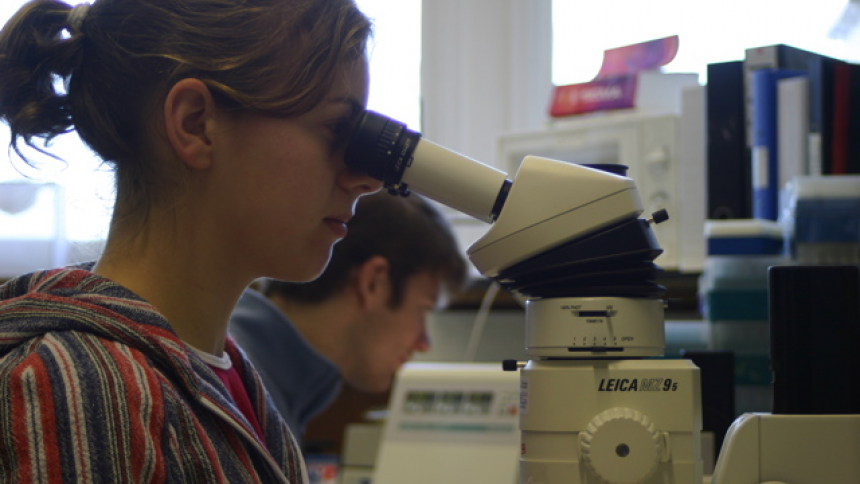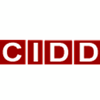Synopsis by Johanna Ohm
Since the time of Alexander Fleming’s discovery of penicillin, the war against parasites has been fought with the biggest weapons at our disposal. Aggressive, high dose drug treatment has been advocated as the best way to prevent the evolution of drug resistant pathogens, including malaria. This approach has been justified using the rationale that if the entirety of a parasite population is eliminated, no parasites will remain to acquire resistance. Yet, in a recent paper published in PLoS Pathogens, Silvie Huijben and five other CIDD members reveal how aggressive approaches to drug treatment can backfire by imposing a strong selection pressure in favor of drug resistant parasites.
The researchers explored the impact that different drug regimens have on the emergence and transmission of drug resistant parasites, using a mouse model of malaria, Plasmodium chabaudi. They inoculated mice with drug-susceptible parasites and mimicked the emergence of a de novo drug resistant mutant by administering low densities of drug resistant parasites prior to drug treatment. The density to which drug resistant parasites grew following treatment was dependent on the frequency and magnitude (“aggressiveness”) of the treatment administered. Drug resistant parasites were almost never detected in untreated infections, having been outcompeted by susceptible parasites. Resistant parasites were found in higher densities with increasingly aggressive treatment. Additionally, resistant parasites had a negligible chance of infecting mosquitoes in lightly treated infections but were 162 times more likely to do so when treated aggressively. Aggressive treatment was also of no benefit to host health: mice were just as healthy when treated with light or moderate regimens. Aggressive treatment, therefore, was found to promote the growth and transmission of resistant malaria parasites and to confer no additional benefit to host health, as compared to lighter regimens.
The authors suggest that these results could have important implications for the design of resistance management strategies, though they stop short of calling for a human-parasite truce. They note that if there is potential for a resistance mutation to occur, lighter treatment may be more potent than aggressive treatment in the fight against resistant parasites. The probability of a resistant parasite emerging is a function of both the probability that a mutation occurs and the strength of selection. The balance of these forces must be explored experimentally and our weaponry calibrated accordingly.
Publication Details
Huijben S, Bell AS, Sim DG, Tomasello D, Mideo N, Day T, & Read A F
Aggressive Chemotherapy and the Selection of Drug Resistant Pathogens
Journal: PLoS Pathogens
9 (9): e1003578
DOI Reference




